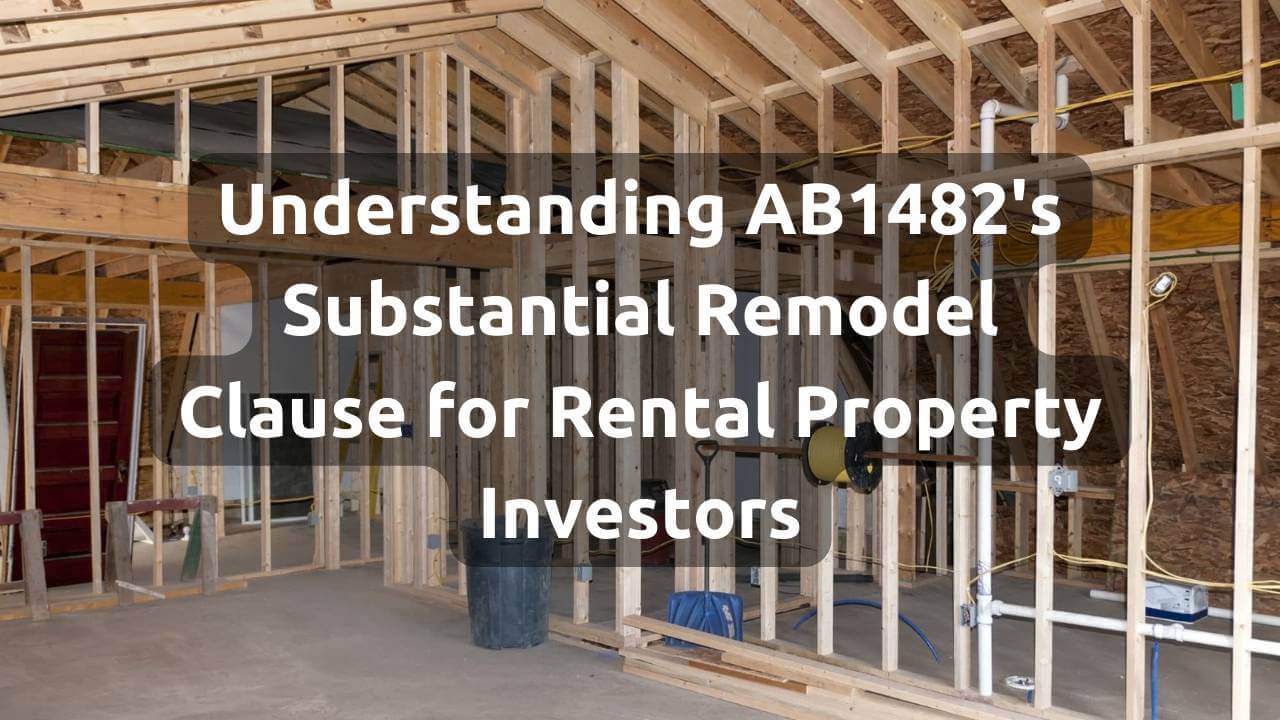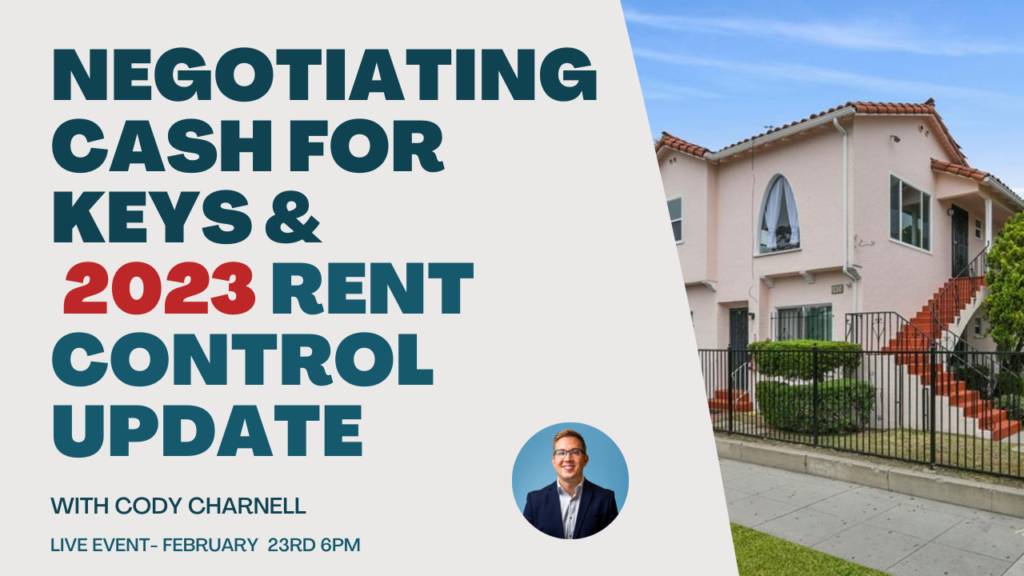Introduction
On Jan 1, 2020, California state law AB 1482 went into effect. The bill, also know as The Tenant Protection Act of 2019, made California the second state in the US to pass a statewide rent control law. Many investors were concerned that the bill would make it impossible to vacate units unless a tenant violated the lease; however, this isn’t the case. AB1482 allows an owner to vacate a unit for several “No Fault Just Cause” reasons including if an owner is going to do substantial renovations to a unit.
History: Jan 1, 2020 – Now (April 2023)
Despite The Tenant Protection Act – AB 1482 bill going into effect in 2020, we haven’t seen many substantial remodel evictions. The main reason we haven’t seen substantial remodel evictions is because in March of 2020 there was a freeze on all evictions due to the COVID-19 pandemic. Fast forward to 2023, LA City’s COVID moratorium expired on January 31st, 2023 and LA County’s COVID moratorium expired on March 31st, 2023. Now, in April 2023, Rental property investors are able to use the “substantial renovations clause” and we are expecting to see these types of evictions increase.
What is the Substantial Remodel clause?
The Tenant Protection Act – AB 1482 outlines the different reasons that a property owner can terminate a tenancy. The types of evictions are split into 2 categories: At fault eviction & no fault just cause eviction. An at fault eviction refers to an eviction that takes place because the tenant was in breach of the lease or rental agreement . A simple example of an at fault eviction would be if a tenant didn’t pay rent. The no fault just cause reasons include an owner wanting to move into a unit, an owner wanting to remove the unit from the rental market, an owner complying with orders from a government agency which require vacating the unit, or the owner intends to demolish or substantially remodel a unit.
What qualifies as a substantial remodel?
The bill says that, “substantially remodel” means the replacement or substantial modification of any structural, electrical, plumbing, or mechanical system that requires a permit from a governmental agency, or the abatement of hazardous materials, including lead-based paint, mold, or asbestos, in accordance with applicable federal, state, and local laws, that cannot be reasonably accomplished in a safe manner with the tenant in place and that requires the tenant to vacate the residential real property for at least 30 days. Cosmetic improvements alone, including painting, decorating, and minor repairs, or other work that can be performed safely without having the residential real property vacated, do not qualify as substantial rehabilitation.
Relocation Assistance Payments
If an owner terminates a tenancy for a no-fault just cause reason, the owner has to notify the tenant that they are entitled to relocation assistance OR a rent waiver. If the owner chooses to pay relocation assistance the amount must be equal to 1 month of the tenants rent that was in effect when the notice or termination of tenancy was issued. The payment must be paid within 15 calendar days of the notice being served. If the owner opts for a rent waiver they can waive the final rent payment. If a tenant doesn’t vacate the unit, the amount of relocation assistance paid or rent waived shall be recoverable as damages. Some municipalities have created additional rules around relocation assistance, including Long Beach, CA.
Additional Restrictions At The Local Level
AB1482 does not apply to residential real property subject to a local ordinance requiring just cause for termination adopted on or before September 1, 2019, or to residential real property subject to a local ordinance requiring just cause for termination adopted or amended after September 1, 2019, that is more protective than these provisions, as defined. The bill would void any waiver of the rights under these provisions. The bill would repeal these provisions as of January 1, 2030.
LA City
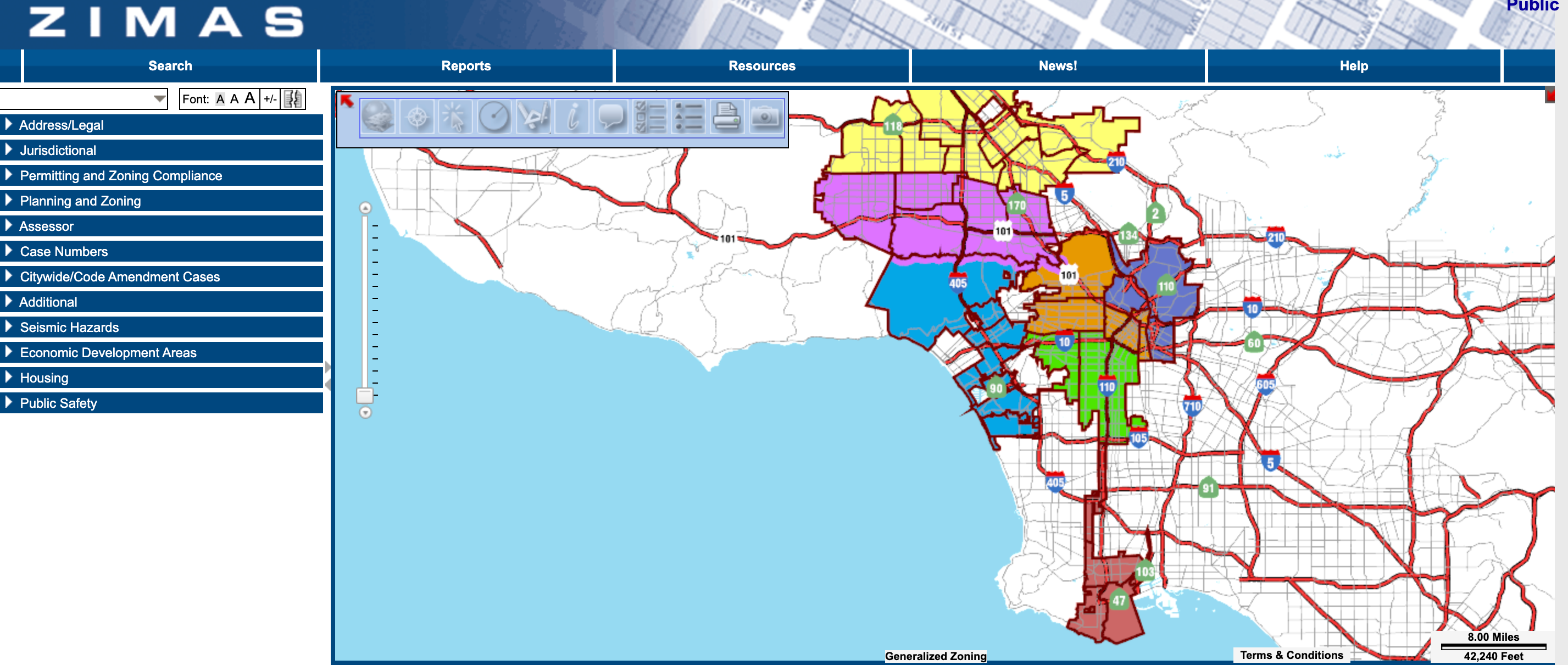
Properties already protected by LA RSO are not able to evict based on “substantial renovations.” Use the link below to check if your property is subject to the Los Angeles Rent Stabilization Ordinance. http://zimas.lacity.org/
Long Beach
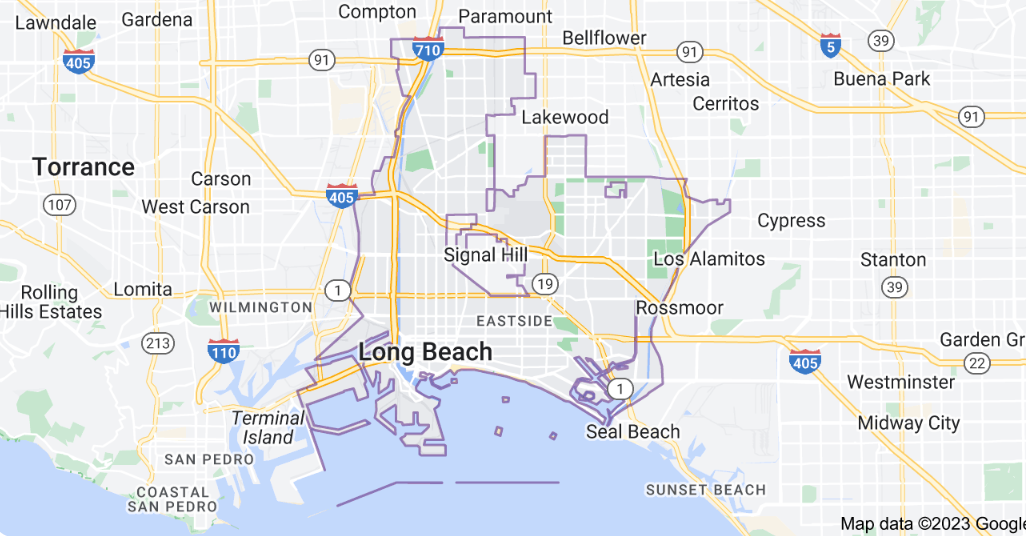
Long Beach has added additional rules around the relocation assistance payment amounts and process of serving a substantial renovations notice. Long Beach law says that owners must pay a minimum relocation assistance of $4500 or 2 months of current rent, whichever is greater, and funds must be available to the tenant 15 days after serving the notice. Owners must also pull permits before the notice can be served, attach permits to the written notice of substantial renovations, and also notify the city they they are vacating a unit in order to do substantial renovations.
Other cities in LA County.
Over the last several years we have seen rents increase at a rapid pace and inflation has driven up the cost of other essentials like fuel, food, etc. We have seen rent control emerge as a contentious topic across the country. Many cities are passing local rent control ordinances with rent cap, eviction restrictions, and relocation fees in a desperate effort to maintain affordable housing.
In LA County we have seen several cities adopted their own rent control laws: Glendale (2019), Inglewood (2021), Pomona (2022), Bell Gardens (2022), Pasadena (2022). Be sure to check your local ordinance before serving a substantial renovations notice.
Cash for keys

Some owners are opting negotiate “cash for keys” with tenants prior to serving a substantial renovations notice. In cities like Long Beach, cash for keys can have several advantages over serving a substantial renovations notice. For example, if the tenant agrees to cash for keys, you avoid getting the city involved, the tenant is voluntarily moving so there is less change of an eviction taking place, an owner isn’t required to substantially renovate a unit, and the owner doesn’t have to pay the relocation assistance before getting possession of the unit. In negotiations an owner can point out that they will have to issue a substantial renovations notice if a cash for keys agreement isn’t reached.
Is if worth it to vacate a unit for substantial renovations?

The answer is, it depends. The Tenant Protections Act – AB 1482 imposes a rent limits on property owners. A property owner can only increase rent 5% per year, plus the local inflation rate, with a maximum annual increase of 10%. Many investors will buy buildings from tired landlords who have kept rents low and haven’t kept up on maintenance. In some instances it would take many years to get the rent up to market price through annual rent increases and it may not make sense to spend a lot of money improving the condition of the building if rents can’t be increase more than 10%. We also know that the value of an income property is derived from the income that it produces. By increasing the rent and owner can significantly increase the value of the property.
One of my clients recently purchased a 5-unit building in Long Beach. The seller had owned the building since the 1990s, the property was in rough condition, and the rents were extremely low. All 5 of the units were 3bed/1bath and the average rent was about $1050/month. Market rent for a 3bed/1bath unit that neighborhood was $2700/month. If she was limited to an annual rent increase of 10% if would have taken 10 years to get the rents up to $2700/month. My client negotiated cash for keys with the tenants, significantly improve the condition of the property, and increase all rents to $2700/month. Based on the new rent, the property increased in value by $800,000! If she wasn’t able to reach an agreement for cash for keys she could have issued substantial remodel notices and achieved the same result.
In cities, like Los Angeles, which have strict rent limits it becomes much more challenging to make these types of projects work. If a property owner can’t increase rents enough to cover the cost of a large improvement often the improvements aren’t done.
Is a substantial remodel notice right for you? We can help! Reach out to us today!
Additional Tips For Investors
If a tenant is on a lease or rental agreement and has continuously and lawfully occupied the property for less than one year, property owners may be able to issue a non-renewal instead of going through the substantial remodel process.
The Current Legislative Environment
As I mentioned earlier in this post, rent control continues to be a hot topic. Unfortunately, in many areas of the country, renters outnumber owners by a sizable margin. Politicians will pass policies that appease the larges voter base, whether the laws are good for the rental market or not.
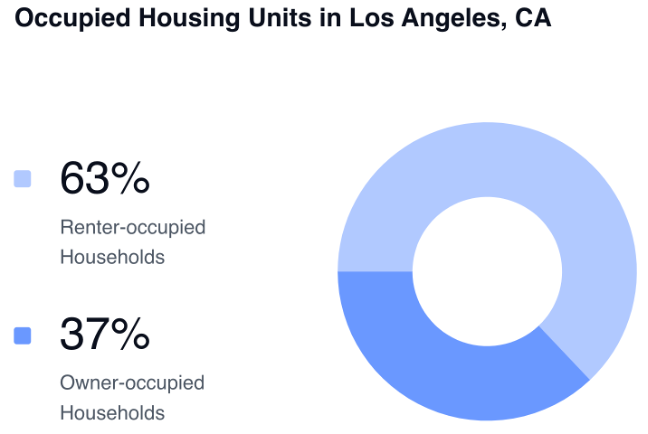
In California a bill called AB 567 was recently introduced (2/15/2023) at the state level to make parts of AB 1482 more strict. AB 567 would eliminate owners ability to vacate units in order to do substantial remodels and it would tighten the rent limits imposed by AB 1482, making the the max annual rent increase just 5% statewide.
There are a few things that YOU can do to oppose additional rent control laws.
1) Support your local apartment owners association. Apartment owners lobby against these laws on your behalf. If you are located in Southern California, the Apartment Owners Association of California and Southern Cities is a great Option.
2) Reach out to your local representatives and let them know that you oppose additional rent control laws because they only hurt the rental market.
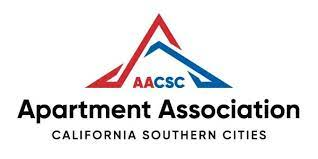
Helpful Links
Long Beach Substantial Remodel Relocation Assistance Rules: https://library.municode.com/ca/long_beach/codes/municipal_code?nodeId=TIT8HESA_CH8.99JUCATETE#:~:text=%C2%A7%201%2C%202020)-,8.99.,cause%20termination%20of%20tenancy%20protections.&text=All%20of%20the%20tenants%20have,for%2012%20months%20or%20more.&text=One%20or%20more%20tenants%20have,for%2024%20months%20or%20more.
LB: Substantial Remodel Required Notice to City- https://www.longbeach.gov/globalassets/lbds/media-library/documents/housing–neighborhood-services/tenant-assistance-policies-tap/notice-to-rental-property-owners-regarding-substantial-remodel-building-permits
The Tenant Protection Act – AB 1482 Bill Text: https://leginfo.legislature.ca.gov/faces/billTextClient.xhtml?bill_id=201920200AB1482
Legal disclamer
Do not take this article as legal advice. Be sure to consult with legal professionals if you considering terminating a tenancy.

